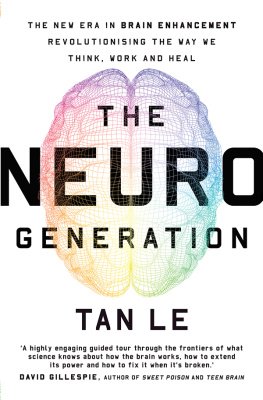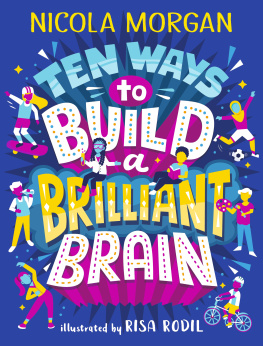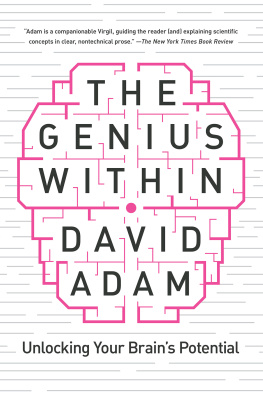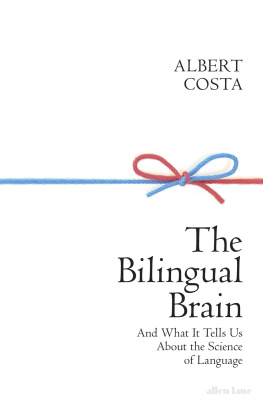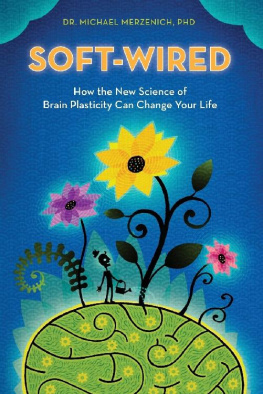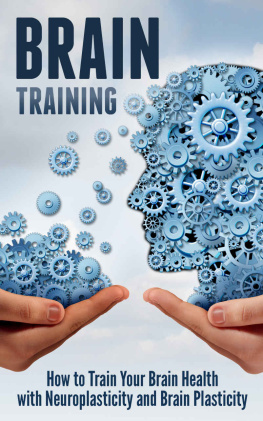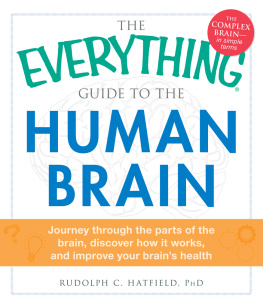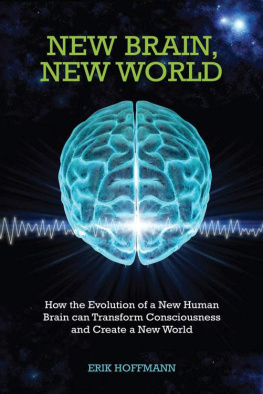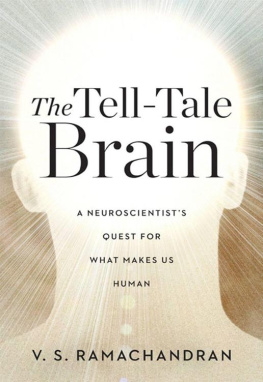
Born in South Vietnam, Tan Le migrated to Australia as a refugee with her family in 1981. She studied at Monash University, and was named 1998 Young Australian of the Year for her community work. Tan was voted one of Australias 30 Most Successful Women Under 30, she featured in Forbes 50 Names You Need to Know in 2011, and she received the 2018 Industrial Research Institute Achievement Award for outstanding accomplishment in individual creativity and innovation that contributes broadly to the development of industry and to the benefit of society. She has been honoured by the World Economic Forum (WEF) as a Young Global Leader since 2009 and currently serves on the World Economic Forums Global Future Council on the Future of Neurotechnologies and Brain Science. In 2018, a portrait of Tan was added to the permanent collection of the National Portrait Gallery of Australia.
Tan Le is recognized as one of the most influential pioneers in the emerging field of braincomputer interface. An inventor and entrepreneur, she is the founder and CEO of EMOTIV, a San Francisco-headquartered neuroinformatics company that has a mission to improve understanding of the human brain and to develop a platform for researchers, developers, and consumers around the world. The companys non-invasive brainwear reads and interprets brainwaves, making it possible to control virtual objects with mere thoughts.
Praise for The NeuroGeneration
Tan Le has produced a highly engaging, very readable and thoroughly referenced guided tour through the frontiers of what science knows about how the brain works, how to extend its power and how to fix it when its broken.
David Gillespie, author of the bestselling
Sweet Poison and Teen Brain
A smart, compelling, must-read that will take you on a tour through the most exciting neurotechnologies that will reshape humanity.
Klaus Schwab, founder and chairman,
World Economic Forum
Our species future is already scattered in labs and companies around the globe, and Tan Lean amazing writer, thinker, and entrepreneurshores up the pieces to reveal a new architecture. This book is a page-turning, electrifying ride into the technology that surrounds us, and how it interfaces with the three-pound organ inside us.
David Eagleman, New York Times bestselling
author of Incognito: The secret lives of the brain
Tan Les breakthroughs in neuroscience are literally unlocking the power of our minds, creating a platform for the world to create a better future. This book is both exciting and inspiring.
Zenia Mucha, chief communications
officer, The Walt Disney Company
The NeuroGeneration offers inspiration and hope for a more powerful mind and sheds light on possibilities that seem like sci-fi but are actually in the works.
Roger Craig, three-time Super Bowl
champion footballer
Tan Le is one of the great innovators of this generation. The NeuroGeneration is a must-read for those of us who believe that innovation actually is about mind over matter.
Professor Jeff DeGraff, Ross School of
Business, University of Michigan
As scientists continue to unlock the mysteries of the brain, innovators are developing cutting-edge neurotechnologies that have the potential to reshape humanity. Yet these advances also create serious new challenges our society has never faced before. Tan Le unpacks both sides of this watershed era in the The NeuroGeneration.
Michael McCullough, M.D., M.Sc.,
founder and president, BrainMind
First published in Australia and New Zealand by Allen & Unwin in 2020
First published in the United States by BenBella Books, Inc., in 2020
Copyright 2020 by Tan Le
All rights reserved. No part of this book may be reproduced or transmitted in any form or by any means, electronic or mechanical, including photocopying, recording or by any information storage and retrieval system, without prior permission in writing from the publisher. The Australian Copyright Act 1968 (the Act) allows a maximum of one chapter or 10 per cent of this book, whichever is the greater, to be photocopied by any educational institution for its educational purposes provided that the educational institution (or body that administers it) has given a remuneration notice to the Copyright Agency (Australia) under the Act.
Allen & Unwin
83 Alexander Street
Crows Nest NSW 2065
Australia
Phone: (61 2) 8425 0100
Email:
Web: www.allenandunwin.com

ISBN 978 1 76087 511 4
eISBN 978 1 76087 347 9
Cover design: Pete Garceau
Cover photo: Shutterstock; cherezoff
To my newborn daughter,
Ai Le Hatala, who will grow up in the
NeuroGeneration, and to my mother,
Mai Ho, whom I hope will benefit
from the advances we are pioneering
in the field of neurotechnology so
that she will stay cognitively fit and
healthy for decades to come.
CONTENTS
On a crystal-clear day on a speedway in Brazil in 2017, Rodrigo Hbner Mendes took a deep breath and revved the engine of a bright blue Formula 1 race car. The engines throaty growl suffused his senses as he sat in the drivers seat waiting for the go sign. A mix of excitement, fear, and curiosity welled up inside him, and his heart thumped so hard in his chest, it felt like it might explode. The CEO of a Brazilian nonprofit, Mendes had spent weeks training for this moment, a feat that was the brainchild of Brazils largest broadcast network, TV Globo.
When he got the okay, he accelerated, roaring down the track. As he came upon the first tight curve, a thought flashed through his mind: This is it, the moment of truth. Could he maintain control of the car? It wasnt smooth, but he managed to bank around the hairpin turn without crashing. Exhilarated, he continued around the course, completing three laps before passing the finish line as a checkered flag waved him in.
This would have been an exciting experience for anyone who has ever dreamed of driving a race car, but for Mendes it was something far more special. In fact, he had just accomplished a feat no one else ever had.
Hed driven a race car using only his thoughts.
Mendes, then age forty-five, is a quadriplegic who lost the use of his arms and legs after being shot during a carjacking when he was just eighteen years old. The customized car he drove had no pedals and no steering wheel. Instead, it was equipped with an onboard computer that translated mental instructions into mechanical action. Mendes directed it thanks to a one-of-a-kind helmet outfitted with EEG-powered technology to capture his brainwaves. When Mendes wanted to speed up, his brainwaves told the cars computer to do so, and it propelled the vehicle forward. When he wanted to turn right or left, the computer interpreted his thoughts and angled the massive tires in that direction.
Mendess incredible feat quickly became a viral sensation. It signaled thrilling new possibilities for people with disabilities, and it offered a captivating glimpse into the future of the human brain.
Fast-forward several months to Buenos Aires, Argentina, where a veritable brain trust of the worlds most promising young scientists, CEOs, government leaders, intellectuals, and media gathered for the Young Global Leaders Summit. As a female inventor, tech entrepreneur, and CEO myself, I was attending as a member of the YGL community, which includes over eight hundred innovative, enterprising, socially minded emerging leaders from all walks of life. At dinner, I noticed a gregarious man in a wheelchair on the opposite side of our large, round table. After he left, the woman seated next to me leaned over to ask if I knew him. When I shook my head, she told me his name and said he had recently made headline news when he drove a race car with his mind. He had accomplished this, she told me, thanks to some type of special technology that read his brainwaves.

